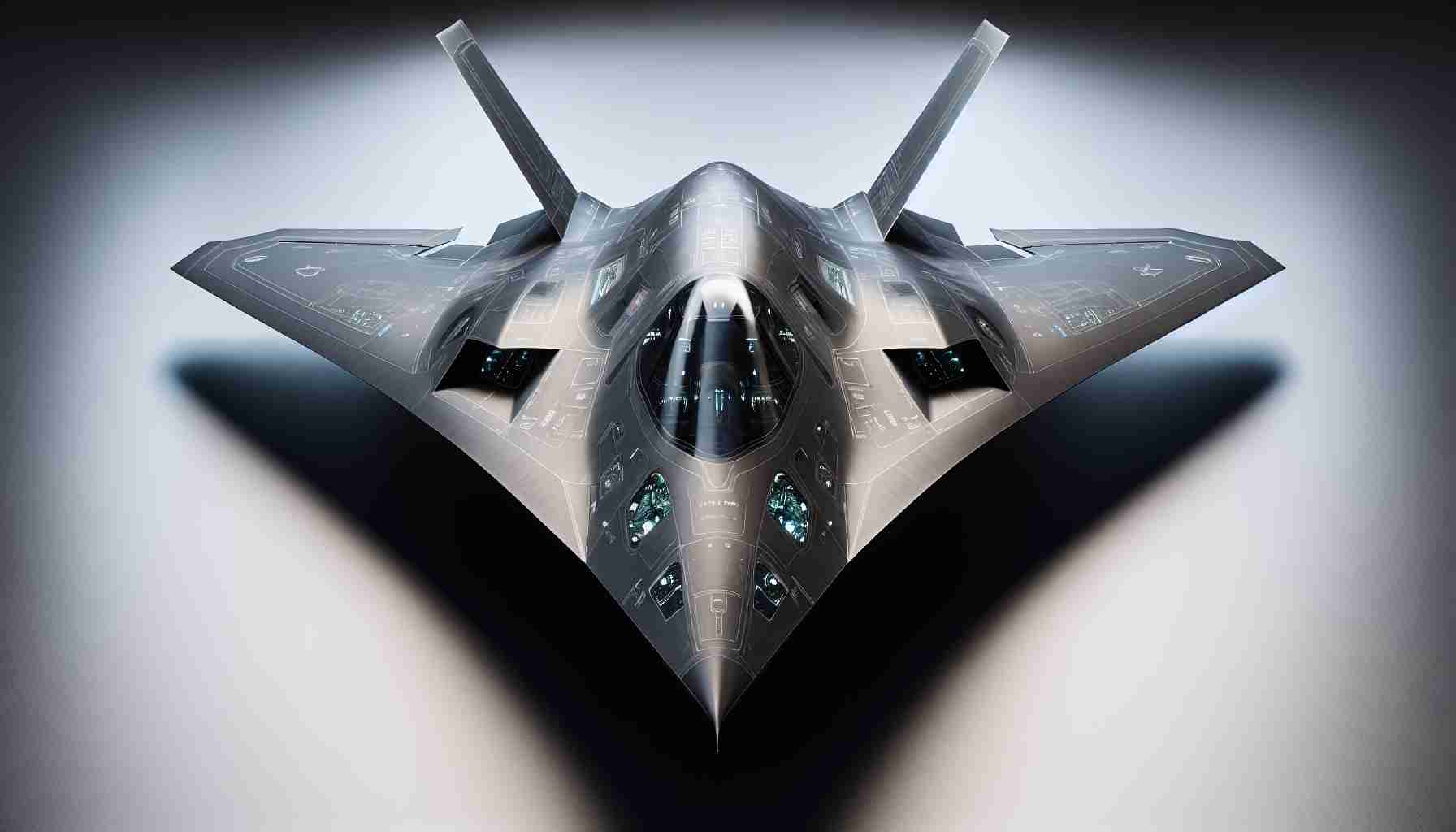In a significant leap for Polish military aviation, the first F-35A “Husarz” jet successfully soared through its inaugural test flight on December 2, 2024. Conducted at Lockheed Martin’s facility located at NAS Joint Reserve Base Fort Worth, Texas, this event marked a crucial step in enhancing Poland’s aerial defense capabilities.
The F-35A “Husarz” model AZ-02 c/n 3502 stands as a testament to modern engineering, representing a pivotal stage in the operational readiness of Poland’s fleet. Seen as a major stride forward, the jet is expected to bolster the integration of next-gen aircraft into the Polish military, providing a substantial boost to their national security framework. Initially unveiled to the public on August 28, 2024, in Fort Worth, this new aircraft also introduced the low-visibility technology that is becoming a symbol of the Polish Air Force.
The deployment strategy involves stationing the jets at Arkansas’s Ebbing Air National Guard Base, where Polish pilots will receive comprehensive training. The delivery of these aircraft to Poland is anticipated to commence in 2026, with full deployment expected by 2030.
In a bid to replace the aging MiG-29 and Su-22 fleets, Poland has invested $6.5 billion to acquire 32 cutting-edge F-35A CTOL fighter jets from the United States. This strategic acquisition, approved on September 11, 2019, underscores Poland’s commitment to fortifying its position within NATO by advancing its air power capabilities.
Unveiling the Future of Polish Military Aviation: F-35A “Husarz” Takes Flight
Poland’s acquisition and deployment of the F-35A “Husarz” jets mark a pivotal point in modern military aviation. With the first successful test flight on December 2, 2024, Poland is on the brink of a significant enhancement in its air defense systems.
Key Features of the F-35A “Husarz”
The F-35A jets are renowned for their advanced technology and cutting-edge features which include:
– Low-Visibility Technology: Designed to make detection by adversarial forces difficult, this stealth feature ensures that Poland stays ahead technologically.
– Next-Gen Combat Readiness: The jets boast sophisticated sensors and systems that enhance situational awareness and interoperability with NATO allies.
Use Cases and Strategic Advantages
With the delivery set to start in 2026 and complete by 2030, these jets are not only meant for national defense but also to strengthen NATO operations. By replacing older MiG-29 and Su-22 fleets, the F-35A significantly boosts Poland’s operational capabilities.
Pros and Cons
Pros:
– Enhanced Defense: Superior aerial capabilities strengthen national security.
– Investment in Training: Polish pilots will train extensively in the U.S., promoting skill development and international collaboration.
Cons:
– High Cost: The $6.5 billion investment is substantial, reflecting the high cost of modern military equipment.
– Deployment Timeline: Full deployment by 2030 might seem prolonged, considering immediate defense needs.
Future Trends and Predictions
Poland’s procurement aligns with a broader global trend of modernizing military forces with multipurpose aircraft. This move is seen not only as a national defense enhancement but also as an alignment with NATO’s strategic goals.
FAQs
Why is Poland investing in the F-35A jets?
Poland aims to enhance its air combat capabilities, replace its aging aircraft, and uphold its strategic commitments to NATO.
What are the primary features of the F-35A “Husarz”?
The F-35A “Husarz” is equipped with low-visibility technology and advanced systems for superior combat readiness.
When will the F-35A jets be fully operational in Poland?
Deliveries begin in 2026, with full operational deployment expected by 2030.
For more detailed information on military aviation advancements, visit Lockheed Martin.







